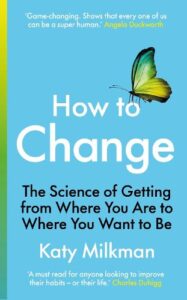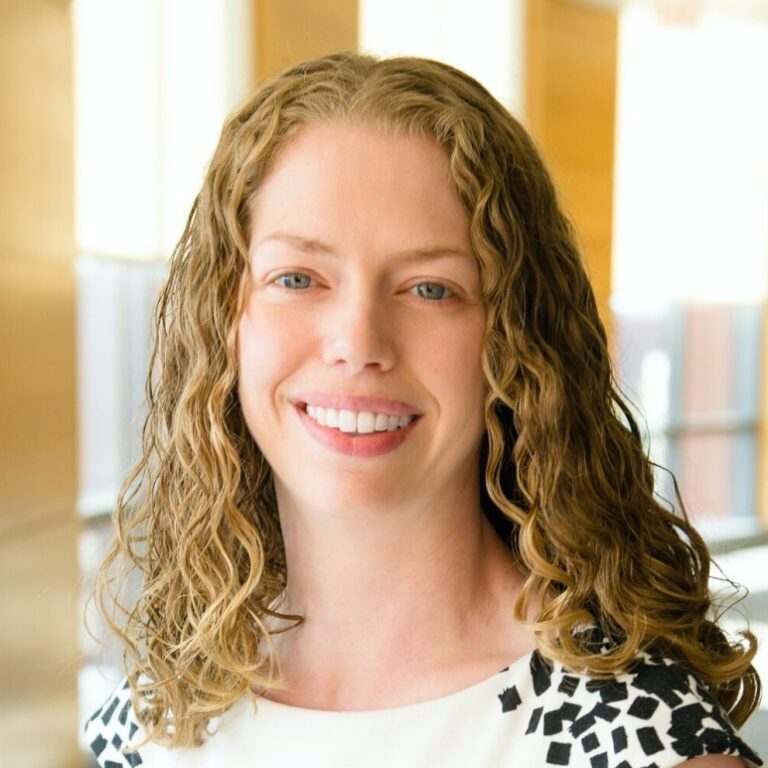Podcast: Play in new window | Download
 Are you a manager, coach, or teacher who aims to help other people make meaningful change in their lives? Are you someone who’s currently struggling to kick-start change in your own?
Are you a manager, coach, or teacher who aims to help other people make meaningful change in their lives? Are you someone who’s currently struggling to kick-start change in your own?
If you are either of these – or both – this episode will introduce you to state-of-the-art methods that will take you from where you are to where you really want to be.
Award-winning Wharton Professor Katy Milkman has devoted her career to studying behavior change – and her new book, “How To Change: The Science Of Getting From Where You Are To Where You Are Meant To Be” has just been named one of Amazon’s “Best Books of 2021 So Far.” Daniel Pink, Adam Grant, Susan Cain and Malcolm Gladwell – as part of their “Next Big Idea Club” – have also named it one of their favorite books of the year.
Milkman, who also teaches at the University of Pennsylvania’s Perelman School of Medicine, says that change comes most readily when we understand what’s standing between us and success – and then tailor our solution to that roadblock. If we want to work out more but find exercise difficult and boring, for example, downloading a goal-setting app probably won’t help. But by reframing our idea of working out so that it becomes a source of pleasure for us instead of a chore, we inherently turn an uphill battle into a downhill one.
There’s a lot of research which shows that we humans tend to be over-confident about how easy it is to be self-disciplined. It’s why we buy expensive gym memberships and register for online classes we’ll never complete. We mysteriously think the “future me” will be able to make good choices, and ignore that, too often, the “present me” succumbs to temptation.
There are many common reasons people struggle with making desired changes including procrastination, impulsivity, forgetfulness and laziness – and in our discussion, Milkman shares strategic methods for identifying and overcoming all of these barriers – many of which will surprise you.
The overriding theme of this episode in how you can leverage new scientific discoveries to stack the deck in your favor when implementing change. And these are the same tools you can use to help others around you succeed in making their desired changes as well.




